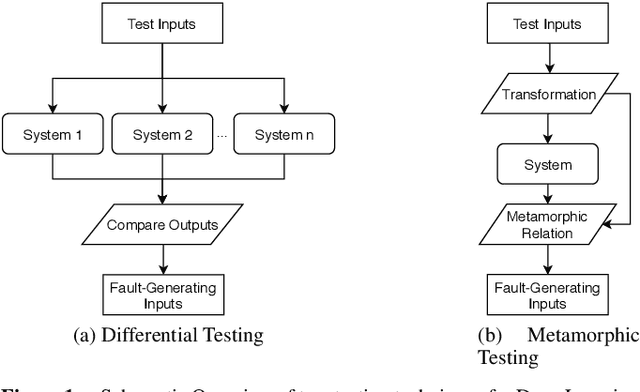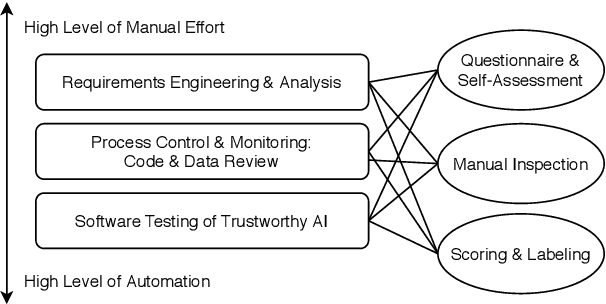Chhagan Lal
Opening the Software Engineering Toolbox for the Assessment of Trustworthy AI
Jul 14, 2020

Abstract:Trustworthiness is a central requirement for the acceptance and success of human-centered artificial intelligence (AI). To deem an AI system as trustworthy, it is crucial to assess its behaviour and characteristics against a gold standard of Trustworthy AI, consisting of guidelines, requirements, or only expectations. While AI systems are highly complex, their implementations are still based on software. The software engineering community has a long-established toolbox for the assessment of software systems, especially in the context of software testing. In this paper, we argue for the application of software engineering and testing practices for the assessment of trustworthy AI. We make the connection between the seven key requirements as defined by the European Commission's AI high-level expert group and established procedures from software engineering and raise questions for future work.
 Add to Chrome
Add to Chrome Add to Firefox
Add to Firefox Add to Edge
Add to Edge